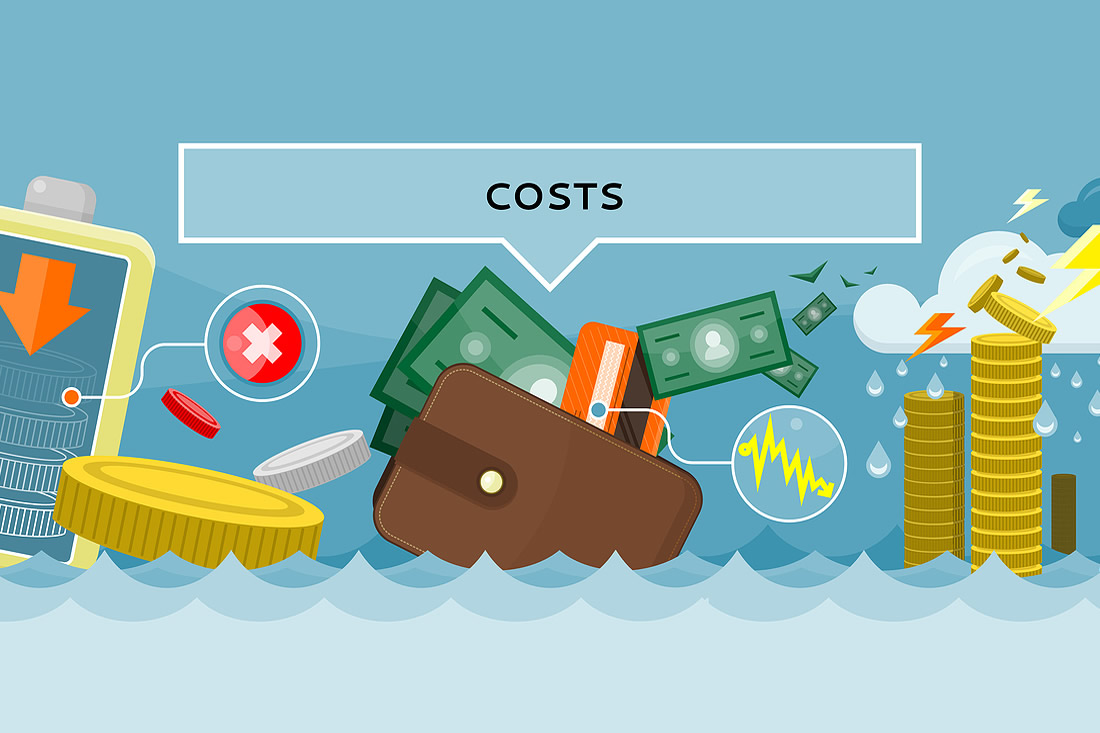3 Ways to Ask Your Supporters for Help NOW, During COVID-19

You may think that with everyone hunkered down at home, you shouldn’t ask people to help you with your capital campaign. Or for that matter, with your fundraising.
But you’d be dead wrong. People want to help each other — especially during a crisis. The desire to help is woven deeply into human nature.
And right now is a wonderful time to ask for help. What’s more, the more you do it and the better you get at it, the more successful you’re likely to be.
Why NOW is a Great Time to Ask for Help
Most obviously, it’s ALWAYS a good time to ask people for help. People like to help. It makes them feel useful and respected when you ask for their help! So it’s time to get over your hesitation. To paraphrase Amanda Palmer, stop worrying and let people help you!
Now is an especially good time to request help. Everyone is stuck at home and many people are feeling quite useless. By asking for help, you can make them useful! They’ve got time — probably too much time — on their hands.
Additionally, many people, particularly those who are older and aren’t wrangling kids, may be thinking a bit more deeply about the meaning of their lives.
Unfortunately, In-Person Help Doesn’t Fly Right Now
Obviously, you can’t ask for the kinds of help that brings people together physically.
- No in-person group letter signing or envelope stuffing parties.
- No hosting cultivation events in their homes.
- No helping with programs on site.
For now, those in-person gatherings are in the ditch. But you can, and should, ask people to help with other things.
3 Kinds of Help You Can Request from Supporters
Here are three ways you can ask your supporters for help. This isn’t an exhaustive list, so you may think of more. If so, please leave your suggestions in the comment below.
First: You can ask supporters for their advice.
You know that’s a standard trope in fundraising “Ask for advice and you’ll get money. Ask for money and you’ll get advice.” So, YES! Ask for advice! Here are just a few of the things you might ask for advice about.
Advice comes in many forms. Here are just a few:
- You can ask people to give you feedback on a written document.
- You can ask for strategic suggestions about a decision you’re wrangling with.
- Or you might ask someone to recommend someone or something you are looking for.
Keep in mind that sometimes people will give you poor advice, wacky advice, or advice you simply don’t agree with. You can protect yourself a bit by letting people know that you are reaching out to a few people for advice. That way, you can report on your decisions in the context of a larger group rather than just one individual.
Of course, if you know the person usually gives sound advice, you won’t have to create a larger group, though you may wish to do so anyway. People enjoy knowing that they’ve been invited to be part of a small group!
Second: You can ask supporters to participate
Speaking of small groups, you can ask people to serve on a task force or small committee that is called together to conduct some specifically defined piece of work.
In these times, of course, groups will come together virtually rather than in person. But don’t let that deter you. Zoom meetings work very well for small groups.
Virtual meetings are efficient and remarkably effective when they’re facilitated well. When a small group comes together virtually several times, they are likely to develop the same sense of bonding and community that happens when they are together in person.
Virtual meetings require stronger facilitation than in person meetings. To discourage people from doing their email and other computer work during the meetings, you should call on everyone frequently. Simply go around the group asking people what they think.
Once participants understand that they’re expected to participate actively, they are less likely to be doing work on the side.
Have a clear agenda for your virtual meetings
As with in-person meetings, you should have a clear agenda that is distributed beforehand and then again as the meeting begins. And make sure the agenda calls for actual discussion of key topics.
TIP: Don’t use your meeting time for reports. Rather, send reports out via email or shared documents.
What sorts of things might you create a group for? You might try some or all of these.
- Review and develop the case for support
- Discussion of campaign objectives and goal
- Developing a communications plan
- Oversee a campaign planning study
- Select a campaign consultant or advisor
- Brainstorm participants for a steering committee
- Brainstorm ideas for campaign leadership
Notice that some of these might take just one meeting and others might take several.
Each group is discrete and has its own agenda
Think of volunteer tasks and groups as though they were a chain made of construction paper — the kind that many children make for holiday decorations. Each link is a separate volunteer group. Each group is discrete and has a defined task and timetable.
Each group will start and finish. And then another may begin which includes some of the people from an earlier group, but also includes other supporters.
This kind of structure aligns volunteer groups with specific tasks and doesn’t create an expectation of standing committees that they will go on and on and on. This approach is good for both staff and volunteers.
It’s much easier for a volunteer to agree to serve if they know they are just being invited to three meetings to accomplish a specific task than to agree to an ill-defined, unending process.
Third: You can (and should) ask people for money
While many people hesitate to ask for money, you may find it helpful to realize that of the three things you can ask supporters to do listed in this post, giving money is — for many people — the easiest!
Think about that for a minute…
Which is easier? Serving on a committee or writing a check?
So, when someone isn’t keen on putting their time and energy and brainpower into giving thoughtful advice, simply ask them to make a gift! Despite what you may think, people DO have money to give during this crisis.
Of course, the irony is that when people do agree to volunteer for your cause, they are also far more likely to make a gift. It’s a double win.
People Want to Help — Especially During COVID-19
And now, I’ve got to sign off. Why? Because an organization I support has asked me to review their case for support. 🙂
I feel honored that they trust my judgement enough to ask me for help during these challenging times. And chances are good that once they’ve put together a case that I think is compelling, I’ll write them a check.
Speaking of providing help, you might also need some help pivoting your capital campaign plans in response to COVID-19. Learn how we can help you to pivot your fundraising so you can better serve your needs during this crisis.
Be well. Stay healthy. Have abundant hope in the possibilities.



Leave a Comment